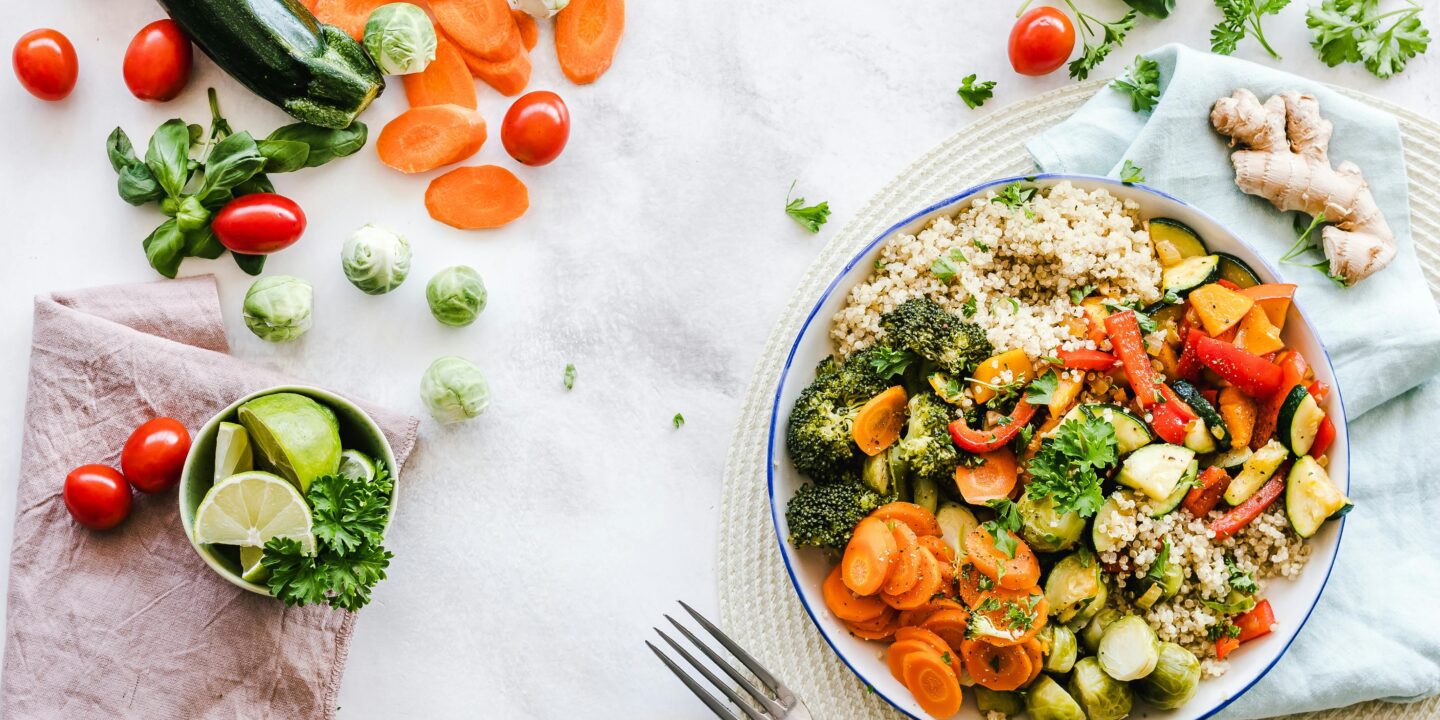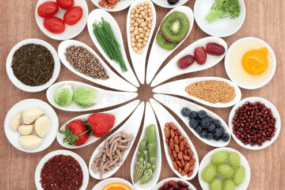
Introduction
Gut health is essential for overall well-being, influencing everything from digestion to immune function and even mental health. A healthy gut microbiome, composed of trillions of bacteria and other microorganisms, plays a crucial role in nutrient absorption and protecting against harmful pathogens. Eating the right foods can help maintain a balanced gut flora and improve digestion. This article explores the best foods to promote gut health and keep your digestive system in top shape.
Understanding Gut Health
The gut microbiome consists of beneficial and harmful bacteria. When the balance is disrupted—due to poor diet, stress, or antibiotics—it can lead to digestive issues, inflammation, and a weakened immune system. To support gut health, a diet rich in fiber, probiotics, prebiotics, and anti-inflammatory foods is essential.
Best Foods for Gut Health
1. Probiotic-Rich Foods
Probiotics are live bacteria that provide numerous health benefits when consumed in adequate amounts. They help replenish beneficial bacteria in the gut, improve digestion, and enhance immune function.
- Yogurt: Contains live cultures of Lactobacillus and Bifidobacterium that promote gut health.
- Kefir: A fermented dairy drink rich in probiotics and easier to digest than milk.
- Sauerkraut: Fermented cabbage packed with probiotics and fiber.
- Kimchi: A spicy Korean dish made of fermented vegetables that supports gut flora.
- Miso: A fermented soybean paste commonly used in Japanese cuisine.
- Tempeh: A fermented soybean product that provides both probiotics and protein.
2. Prebiotic Foods
Prebiotics are non-digestible fibers that feed beneficial gut bacteria, helping them thrive and improve digestion.
- Garlic: Supports the growth of good bacteria while inhibiting harmful bacteria.
- Onions: Contain prebiotic fibers and antioxidants that support gut function.
- Leeks: High in prebiotic inulin, which promotes gut bacteria growth.
- Asparagus: Provides fiber that nourishes beneficial bacteria.
- Bananas: Contain resistant starch, which acts as a prebiotic and promotes gut health.
- Oats: Rich in beta-glucan fiber, which supports gut bacteria and digestion.
3. Fiber-Rich Foods
Dietary fiber is essential for gut health as it promotes regular bowel movements and feeds gut bacteria.
- Legumes (Lentils, Chickpeas, Black Beans): High in fiber and protein, supporting digestion.
- Whole Grains (Brown Rice, Quinoa, Barley): Provide fiber to promote healthy gut bacteria.
- Fruits (Apples, Pears, Berries): Contain soluble fiber and antioxidants for gut health.
- Vegetables (Broccoli, Carrots, Brussels Sprouts): Packed with fiber and nutrients for digestion.
4. Anti-Inflammatory Foods
Chronic inflammation in the gut can lead to digestive issues and discomfort. Anti-inflammatory foods help reduce inflammation and support gut healing.
- Ginger: Aids digestion, reduces bloating, and has anti-inflammatory properties.
- Turmeric: Contains curcumin, a powerful anti-inflammatory compound.
- Green Tea: Rich in antioxidants that reduce inflammation and support gut bacteria.
- Fatty Fish (Salmon, Mackerel, Sardines): Provides omega-3 fatty acids that reduce gut inflammation.
Foods to Avoid for Gut Health
While certain foods support gut health, others can disrupt the gut microbiome and cause digestive problems.
- Processed Foods: Contain artificial additives and preservatives that harm gut bacteria.
- Excess Sugar: Encourages the growth of harmful bacteria and yeast.
- Artificial Sweeteners: May disrupt gut flora and negatively affect metabolism.
- Fried Foods: High in unhealthy fats that can cause gut inflammation.
- Excessive Alcohol: Harms gut bacteria and increases gut permeability.
Additional Tips for a Healthy Gut
- Stay Hydrated: Drinking plenty of water supports digestion and nutrient absorption.
- Exercise Regularly: Physical activity promotes a healthy gut microbiome.
- Manage Stress: Chronic stress can negatively impact gut bacteria and digestion.
- Get Enough Sleep: Poor sleep can disrupt gut balance and overall health.
- Eat a Diverse Diet: Consuming a variety of foods ensures a balanced gut microbiome.
Conclusion
Maintaining gut health is vital for overall well-being, and the foods we eat play a significant role in shaping our gut microbiome. By incorporating probiotic, prebiotic, fiber-rich, and anti-inflammatory foods into your diet while avoiding processed and inflammatory foods, you can promote a healthy digestive system. Along with lifestyle changes like hydration, exercise, and stress management, these dietary choices can lead to better digestion, improved immunity, and overall enhanced well-being.























